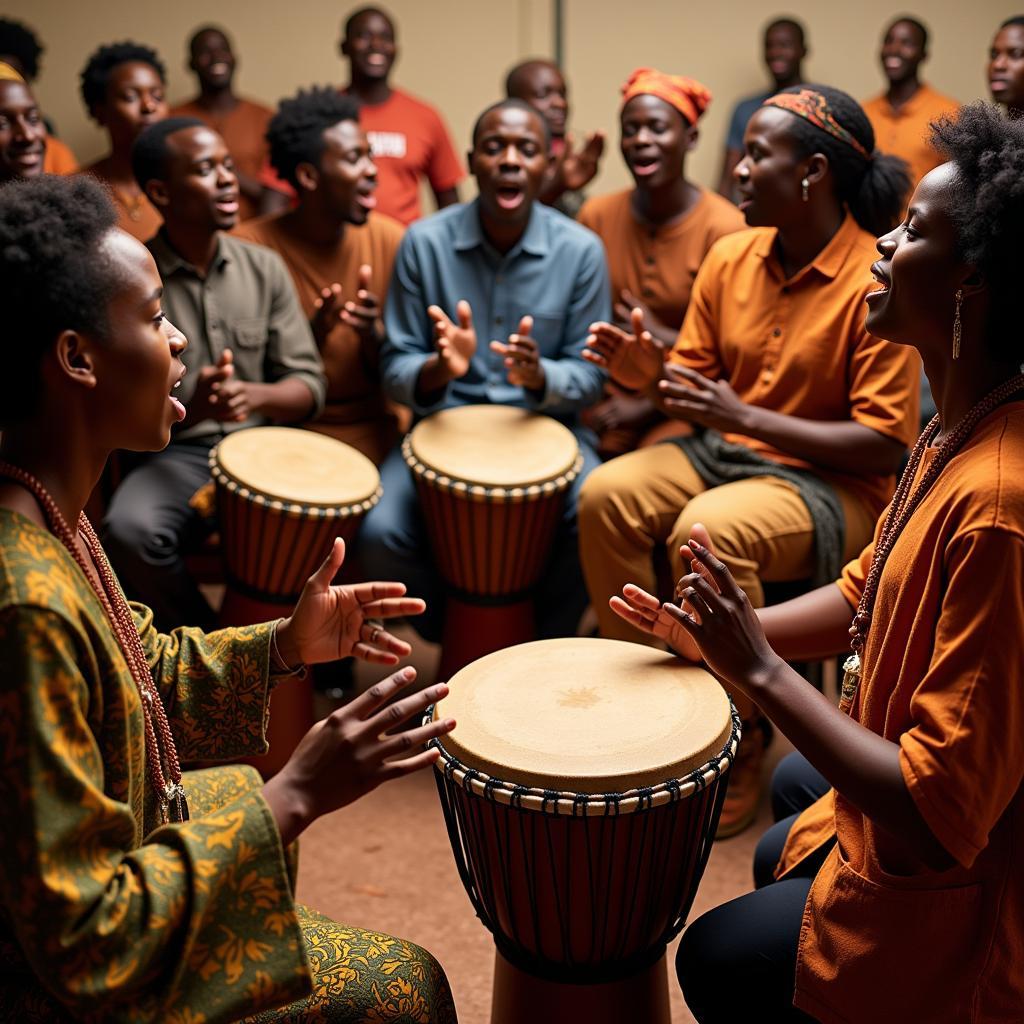African Christmas Poem: Celebrating the Spirit of the Season in Africa
Christmas is a time for joy, celebration, and togetherness. It’s a time to reflect on the past year and to look forward to the new year with hope and optimism. In Africa, Christmas is celebrated in many different ways, reflecting the continent’s rich diversity of cultures and traditions.
This article will explore the ways in which Christmas is celebrated in Africa, including the unique traditions, customs, and customs. You’ll also learn about the history of Christmas in Africa, and how the holiday has evolved over time.
Christmas in Africa: A Festive Celebration
Christmas is a widely celebrated holiday in Africa, with different countries having their own unique customs and traditions. While the celebration of Christmas is often rooted in Christian traditions, African cultures have integrated their own rituals and beliefs into the festivities.
Here are some of the ways in which Christmas is celebrated in Africa:
1. Family Gatherings and Feasts:
Christmas is a time for families to come together and celebrate. From bustling cities to remote villages, people travel long distances to spend Christmas with their loved ones. This often involves large feasts filled with traditional dishes and plenty of laughter and joy.
2. Religious Services:
Many churches across Africa hold special Christmas services filled with singing, hymns, and prayers. These services are often attended by people of all ages, and they provide a spiritual reflection on the meaning of Christmas.
3. Gift Giving:
In many African countries, exchanging gifts is an essential part of Christmas celebrations. People often give gifts to loved ones, friends, and neighbors. Common gifts include clothing, toys, food, and money.
4. Music and Dance:
Music and dance are an integral part of African culture, and Christmas is no exception. During the festive season, many communities organize concerts, dance parties, and performances. The sounds of traditional African music and rhythms fill the air, creating a vibrant and joyful atmosphere.
The History of Christmas in Africa
The history of Christmas in Africa is as diverse and multifaceted as the continent itself. The arrival of Christianity in Africa brought with it the celebration of Christmas, but the holiday has been adapted and integrated into local cultures over time.
Early Christian Missions:
The introduction of Christianity to Africa began in the early centuries AD, with missionaries spreading the message of Christ throughout the continent. With the arrival of Christianity, the celebration of Christmas was introduced to African communities.
Syncretism and Cultural Adaptation:
Over time, Christmas traditions in Africa blended with local cultures and beliefs, creating a unique blend of Christian and traditional practices. This syncretism has led to the emergence of distinct Christmas celebrations in different regions of Africa.
African Christmas Poems: A Literary Expression of Joy
Christmas poems have always been a popular way to express the joy and spirit of the season. In Africa, poets have also embraced this tradition, crafting beautiful verses that capture the essence of Christmas in their own unique cultural context.
Here is a glimpse into an African Christmas Poem, written from the perspective of a young girl in a small village:
“The bells are ringing, soft and sweet,
As Christmas dawns, our hearts complete.
The air is filled with festive cheer,
Our village bright, dispelling fear.
We gather ’round the fire’s glow,
Sharing stories, as the night grows slow.
We sing carols, loud and clear,
Celebrating the love we hold dear.
The spirit of Christmas, warm and bright,
Illuminates our souls with pure delight.”
This poem reflects the simple joys of Christmas in Africa, where the spirit of the holiday brings families and communities together.
A Festive Time for All:
In conclusion, Christmas in Africa is a vibrant and festive celebration that reflects the continent’s rich cultural diversity. From family gatherings and feasts to religious services and traditional customs, Christmas in Africa is a time for joy, togetherness, and a celebration of the spirit of the season.
As we enjoy the festive season, let us remember the spirit of Christmas – a spirit of love, peace, and unity. Let us cherish the moments we spend with our loved ones and celebrate the unique and beautiful ways in which Christmas is celebrated in Africa and around the world.
FAQ:
1. What are some of the most common Christmas dishes in Africa?
African Christmas feasts vary widely depending on the region, but some popular dishes include roasted chicken, goat, beef, rice, beans, vegetables, and fruits.
2. What are some of the traditional Christmas decorations used in Africa?
Many African communities use vibrant fabrics, colorful flowers, and handcrafted ornaments to decorate their homes for Christmas.
3. Are there any specific Christmas customs that are unique to certain regions of Africa?
Yes, certain regions of Africa have unique customs, such as:
- Kenya: A popular Christmas tradition in Kenya is the “Nyama Choma” (roasted meat) feast.
- Nigeria: Nigerians celebrate Christmas with special delicacies like “Jollof Rice” and “Suya” (grilled meat).
- South Africa: Christmas celebrations in South Africa are often marked by “braai” (barbecues) and “koeksisters” (sweet pastries).
4. How has Christmas changed in Africa over time?
Christmas in Africa has evolved over time, with the integration of modern customs and traditions alongside traditional practices.
5. What are some of the challenges faced by Africans during the Christmas season?
Challenges during the Christmas season in Africa can include poverty, hunger, and the displacement of people due to conflict.
6. What are some ways to celebrate Christmas sustainably in Africa?
Sustainable Christmas practices in Africa include reducing waste, using recycled materials for decorations, and supporting local businesses.

